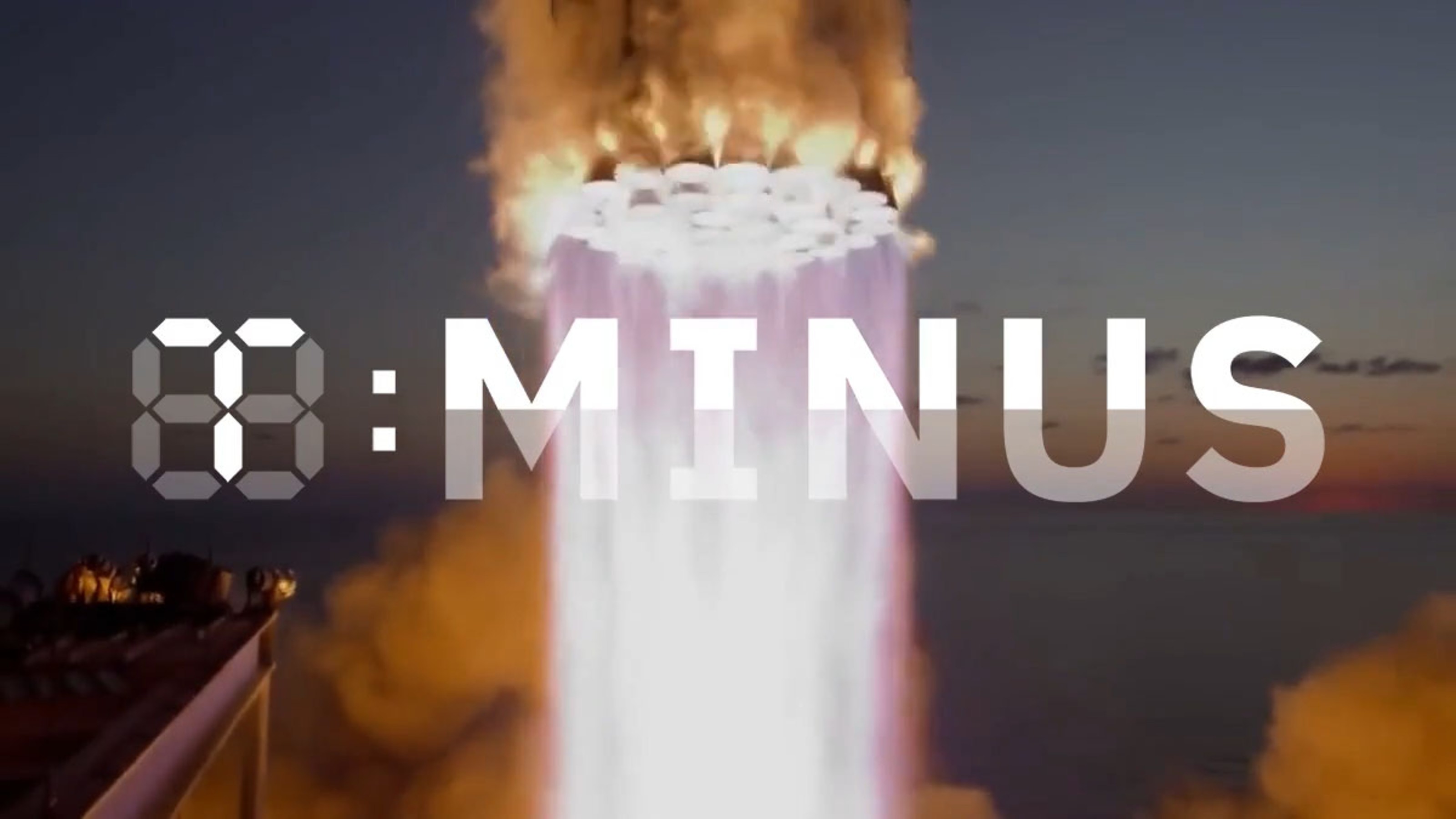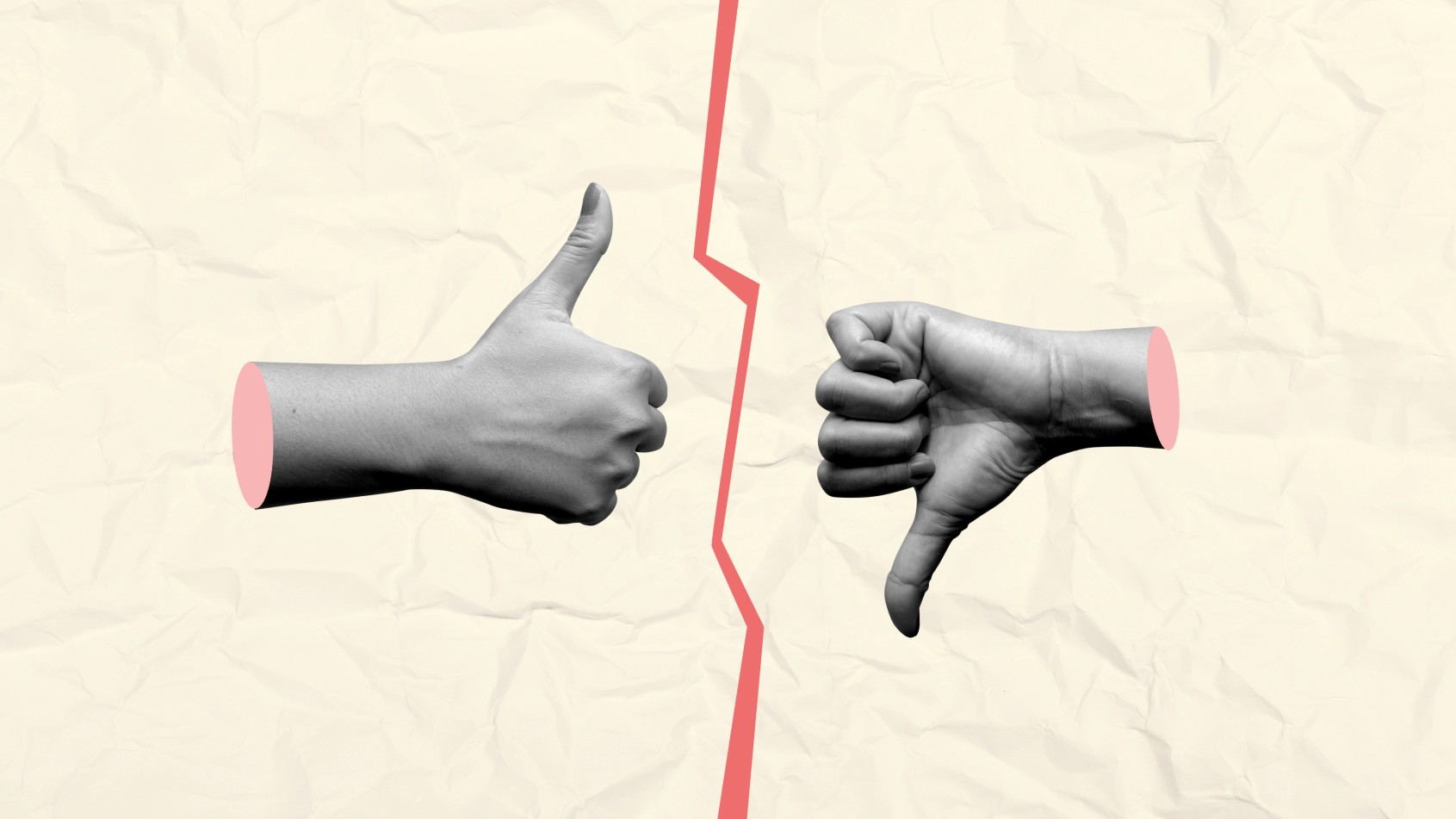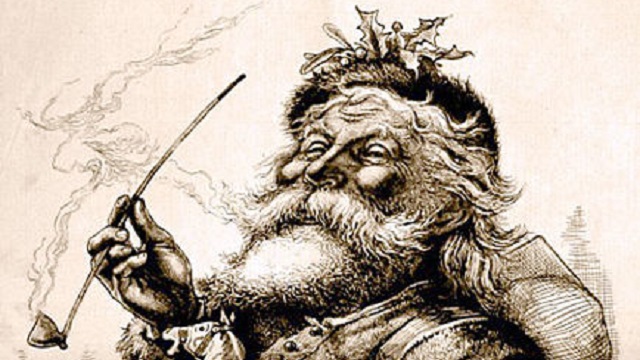Why Justine Sacco wasn’t the biggest problem during her Twitter storm

The “saga” of Justine Sacco is well-known by almost everyone using social media. Mashable, however, has a good summary:
Justine Sacco was, until Friday, the top PR person for InterActiveCorp, the New York media conglomerate run by Barry Diller. IAC owns the Daily Beast, Vimeo, About.com, Match.com and Ask.com, among many others…
Before she got on a plane Friday, a tweet emerged from Sacco’s account, a joke of such monumental stupidity that it was hard for many people to believe her account wasn’t hacked:
The Tweet said: “Going to Africa. Hope I don’t get AIDS. Just kidding. I’m white!”

It’s a joke I don’t find funny, particularly as a non-white and as an “African” – actually South African. Indeed, the joke is quite disturbing in its vague reinforcement of a number of prejudices: only non-whites have Aids, whites are “immune” to Aids, and Africa is comprised solely of Aids (“Africa is a country” perhaps is another issue and even Mashable continued this line of thinking).
It’s a Tweet and mindset worth ignoring as is any obvious, harmless nonsense. This didn’t stop people being incredibly upset, of course: Tweeting vile names and insults at her and, apparently, sending rape and death threats.
Very little that’s unique is gained by leaping on the moral bandwagon against her here: Not only has she deleted her account, but your voice probably won’t be the one that finally “makes” her change her mind – assuming she is a fully-fledged racist, which it’s safe to assume she isn’t.
Everyone and their father has alerted Ms Sacco to the idiocy of her Tweet, her facial features, her dress sense, her sunglasses, her location and so forth. It’s a particularly unsettling, especially with people taking pictures of her in Cape Town International Airport, when she arrived.
It seems we’re all public figures and paparazzi now; trial by social media has ruled that the accused be reprimanded swiftly in 140 characters, with lazy and possibly sexist swipes, threats and sentences probably worse than the initial Tweet itself.
Of course people will be angry about the Tweet – but sometimes fury is a reason to be silent, not louder, at least on public platforms. We need to begin teaching each other that social media isn’t a diary, isn’t a closed book whose implications end at the bottom of the page. Sacco herself is a prime example of this.
Social media is talking from soap-boxes in public parks; it’s column inches on an internationally syndicated paper. Consider, for example, that Sacco had less than a thousand Twitter followers before the Tweet. Consider that, too, not every one of someone’s followers sees every one of that person’s Tweets despite following. So even less than her initial Twitter number saw that Tweet when it first was made.
But that didn’t stop it from exploding.
Anger, silence, caricature
This is only further evidence that it’s not only celebrities who face public scrutiny: the public itself is self-evaluating and judging, as it’s always been. Only instead of gossiping about someone’s dress or mocking their face and mindset in the privacy of our homes, we do so publicly, directly, to the persons involved. We’ve been provided technology to do so, where before that technology (magazine, paper, etc.) mostly was for the space of what we might call “celebrity news” (news about things and people that the public know).
Some would say that what occurred with Sacco was justified anger: that we should respond to racism and other unfounded and bigoted views with animosity. Certainly it will cause anger, but the question is whether that anger is best served with expletives and Tweets, rather useless self-indulgent affairs which everyone else is already doing.
Perhaps being silent, perhaps recognising stupidity for what it is – as in this, harmless – and moving on is an option we need to cultivate more of. If you need to assert how much of not a racist, not a sexist, not a bigot you are through merely conveying animosity of those areas – instead of advancing them in other, more meaningful ways – then you’re adding noise to an already loud moral explosion.
You could read this as me not being silent and therefore hypocritical – but I’m not focused on Sacco’s Tweet. I’m focused on obvious outrage, obvious moral views that aren’t advancing anything particularly useful in response to such views: just because you’re screaming at a racist joke is no reason to think you’re automatically a good person.
That might be poor judgment on my part as to who you are, but that’s precisely the problem. As Padraig Reidy points out in an excellent post:
The problem Justine Sacco has, and the problem that has led to her losing her job, is that you and I really have no idea who she is, apart from the woman who makes bad jokes on Twitter.
It’s quite possible that in real life, she’s very nice. It’s even possible that she’s so nice that, to people who actually know her, the bad Twitter jokes are absolutely hilarious, as a juxtaposition to her everyday, puppy-rescuing self. Then again, it’s quite possible she isn’t.
Social media, particularly Twitter, invites us to create caricatures. It takes everyday criteria for success (in no particular order: be funny, be thought provoking, be sexy), and actually allows us to track how successful we are.
It is this move to caricature that’s part of what allows us to be bizarrely antagonistic and hateful to each other, publicly online; consider how people respond to celebrities. People have almost never believed celebrities were “real” people (and, unfortunately, there’s good reason for that) and, thus, have always allowed themselves to mock, deride, and hate complete strangers who differ from other strangers only because they’re famous. But strangers nonetheless.
Black and white, good versus evil, smart versus dumb. Caricature is the only way to believe people fit so neatly into categories worth opposing, instead of considering them other humans with feelings, family and failure. None of us are perfect and we should consider seriously whether our response is worth it. This doesn’t mean self-censorship; it doesn’t mean never critiquing. It means being sensible such that your snark isn’t viewed in hindsight as poorly timed. Everything is instant, but nothing is forgotten.
Default to hate
We know that every Twitter storm comes with heightened attention on a particularly sensitive issue: hunting, gun rights, sexism, racism. Smart people usually use this time to engage in problematic areas. Perhaps the best response, in Sacco’s case, came from whoever bought JustineSacco.com which redirects to Aid for Africa: which is a partnership of 85 select charities, “all dedicated to solving the complex, inter-related challenges facing Sub Saharan Africa”, by doing various activities such as “distributing books to school children, introducing medical strategies to combat the spread of HIV/AIDS, [and] supporting small businesses for women”.
So instead of just sending a snarky, nasty Tweet to a stranger s/he knows nothing about except that the stranger made a poor – but harmless – joke, this moral individual(s) bought the domain of the hate target and directed it to the very cause which undermines the terrible joke’s prejudices. That’s how you respond. That’s the measure of how we should all respond.
This default to hate, this automatic mockery and derision, needs to be viewed with the same hatred as Sacco’s Tweet. Indeed, more so, since more people do it, no one is arbiter of said hate, and it’s constant, wide-ranging and terrifying if you’re the target. I don’t know whether anything warrants that response (I’m uncertain if I’d be questioning if the target was, say, Josef Fritzl), but I do think it should be an exception – not the rule.
It shouldn’t be the case that a moral response is also a rarity. The competition for a response shouldn’t be who can be the most edgy or the most hateful: it should be who can be the most morally smart, the most effective in an actual tangible way – instead of yet another hateful Tweet for a cause few people will disagree with.
Sacco showed exactly that racism – unlike, say, sexism – is an obvious minority perspective (again, I don’t think Sacco is a racist). Few minds have to be changed about that specifically (though that doesn’t mean we cease combatting ramifications of “legalised” racism from history). And, to that extent, it was heartening.
Yet, clearly what does need to change is the default to hate, the default to leap into the moral bandwagon and yell loudly about how moral you are instead of acting in a way that actually advances that cause. Anyone can scream at a stranger: fewer can actually write meaningfully, joke effectively, parody brilliantly, or respond morally and tangibly. And because it appears so few are actually effectve in these ways, our default online response should increasingly either be silence or thoughtfulness. That the default is “don’t forget I’m not a bad person”, rather than “here’s a way we can all be good people”, should be more worrying than anything Sacco has Tweeted in her boring, unfunny digital platform.
Update: Added link to M.A. Melby’s blog showing some of the threats sent to Sacco. Thanks to commenter “oolon” from my personal blog for links.
Image Credit: M.e. / WikiCommons (source)





